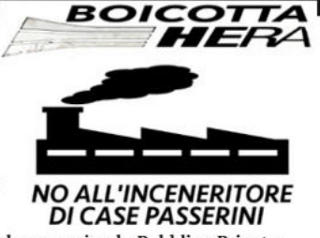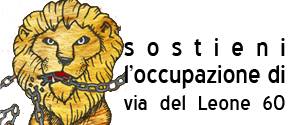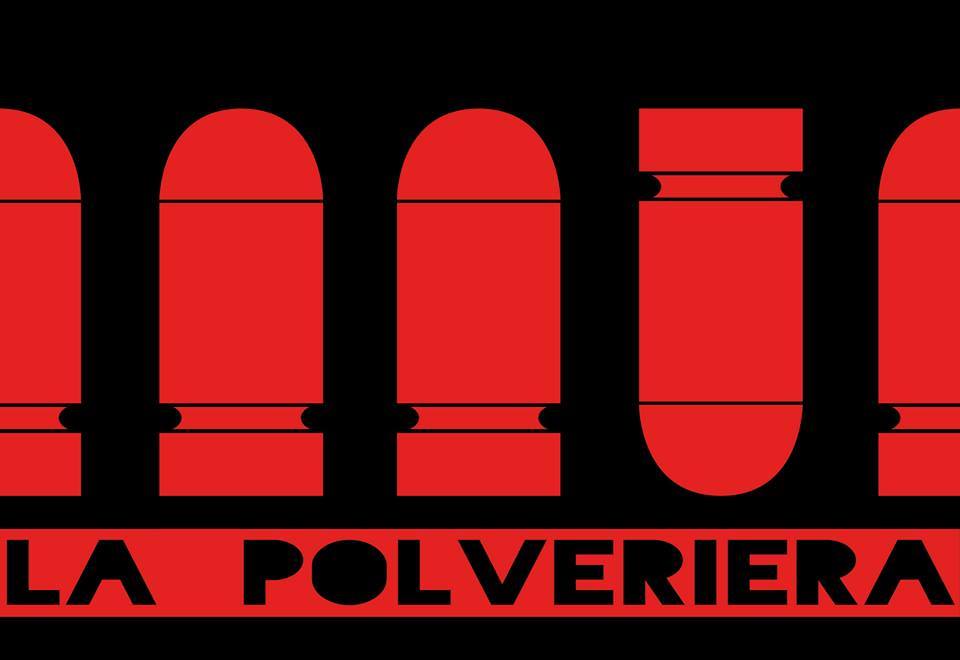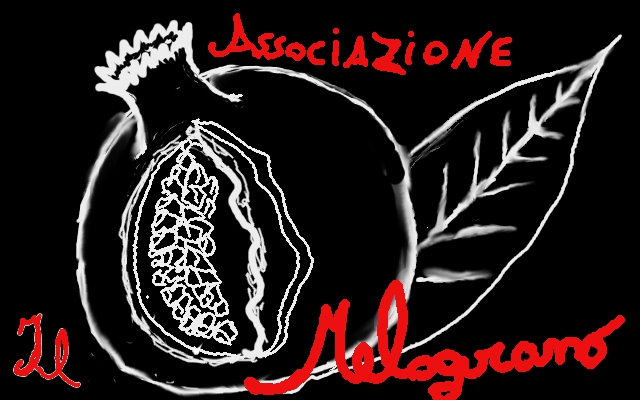Racism: a weapon of exploiters
” it’s not the race that separates us but social class, your enemy is not the immigrant but the capital ”
Italian version here
Racism, specifically intended as the ideology that assumes the existence of “superior” and “inferior” races, is now like an old tool limited to small circles of neo-Nazi fanatics. However, the emerging throughout Europe of right-wing extremist parties no more limited to small percentages of consensus – but established as effective competitors for the guide of different EU governments – could make think of an actual reverse. But the “racism” promoted by these political wings is not (at least in the majority of cases) the same as the “Mein Kampf” and it would be more appropriate to define with the term “xenophobia”: that is, fear of the different, the unknown, and nostalgia for a better time.
The ruling laissez-faire thought is anti-racist in itself, as in the search of profit and power it does not care either of skin color or religion or gender (hence the government leaders Obama and Merkel, both dealing with Arabic sheiks).
This implies a process of identity destruction, overwhelmed by the advance of market globalization that “internationalizes” even the most precious and fundamental of goods, the human one: the labor force. Immigration, far from being a virtuous path leading to the creation of a multicultural melting pot – as the most naive left wing has always been theorized – represents the creation of a huge “reserve industrial army”: doubly blackmailable compared to the local labor force (because of their dramatic starting situations and of the legislation that bonds the residency permit to the employment contract), highly exploitable and, thus, able to trigger a race to the bottom in the wage conditions of all workers.
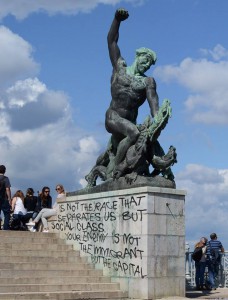 In addition, another key factor is the negative perception of something similar to an “invasion” of a crowd of “aliens”, compared to “our culture”. You can frequently hear the residents of areas highly populated by immigrants say: “I don’t recognize my neighborhood anymore”. Despite the narrow-mindedness of a similar thought, it explains the increasingly success of the Fear Party and the growth in numbers of the troops directed to the Great War among the poor.
In addition, another key factor is the negative perception of something similar to an “invasion” of a crowd of “aliens”, compared to “our culture”. You can frequently hear the residents of areas highly populated by immigrants say: “I don’t recognize my neighborhood anymore”. Despite the narrow-mindedness of a similar thought, it explains the increasingly success of the Fear Party and the growth in numbers of the troops directed to the Great War among the poor.
What is happening in these days in South Africa is emblematic: the country known all over the world for having overtaken the apartheid system is now facing a situation where black native people kill other black immigrants, accusing them of “stealing their jobs”.
The process of destruction carried out by the capitalist system hits all the identities, thus leading to a society made of individuals, without any connection, alone in front of the State and Capital power. But at the same time, as counter-trend, it is natural that reactionary impulses are starting to emerge (to literally “react” against change and go back), with the aim of protecting the old institutes that once founded our society: homeland, family, religion (together with “deeply-rooted” parties and labor unions working as “communication belts” between politics and work).
Extreme right-wing parties are able to capitalize these widespread feelings, so that each protest against them ends up to be just an attempt to treat a symptom, rather than the cause, of current “racism”.
However, it is necessary not to perceive right-wing extremist forces as inflexibly opposed to the liberal and Europeanist ones. The xenophobic rhetoric is perfectly functional to the Europeanist project of migrant (and not only) labor exploitation: the contrast between “white” and immigrant working class neutralizes the possibility of a united political action, so that even the “anti-racist” liberalism takes advantage of “racism” in name of the supreme purpose of profit.
For all these reasons given, we feel close to those ones who will not be with Salvini (#MaiconSalvini) and want Renzi to go home (#Renziacasa), by interpreting the two Matteos as the two sides of the same coin, and PD and Lega Nord as the good and the bad policeman at the service of capital’s interests.
If we do not want to see these tragedies happen again, humanitarian interventions making a quick fix around or popularity-seeking and hypocrite expressions like “let’s help them in their homes” are not enough. Instead, it is necessary to intervene in a severe and revolutionary way in the organization of global society, making human beings effectively worth more than mere goods.
see also:












